What’s Real About ‘Winning Time’ Season 2, Episode 3: Did Larry Bird Really Beat His College Team Wearing Jeans? (Photos)
- Oops!Something went wrong.Please try again later.
- Oops!Something went wrong.Please try again later.
- Oops!Something went wrong.Please try again later.
- Oops!Something went wrong.Please try again later.
- Oops!Something went wrong.Please try again later.
- Oops!Something went wrong.Please try again later.
- Oops!Something went wrong.Please try again later.
- Oops!Something went wrong.Please try again later.
In Episode 3 of HBO’s hit series “Winning Time: The Rise of the Lakers Dynasty,” viewers get a snapshot of Larry Bird’s background as a kid from French Lick, Indiana, and Red Auerbach using an NBA system loophole to recruit Bird before the baller graduated college.
Last week, the tensions were up between Earvin “Magic” Johnson and Norm Nixon. In the third episode, Buss laid the issue to rest with a gentle, yet threatening trade offer for Nixon if him and Johnson couldn’t figure it out. Behind the scenes, Pat Riley started chain smoking to deal with the stress of working with Paul Westhead. Jim Chones gets traded off, and Buss offered Johnson a somewhat bogus contract that would pay him $25 million over 25 years.
Here’s what’s fact and fiction from “Winning Time’s” third episode.
Jerry Buss almost blew a circuit because he was so angry about the Lakers’ playoff loss
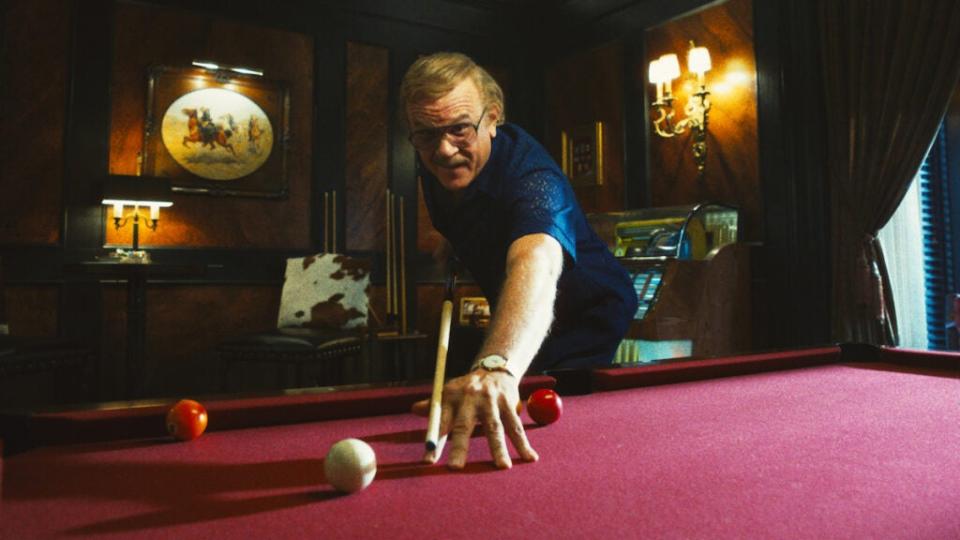
Jerry Buss was angry, furious and irate. It wasn’t just the double whammy of the Lakers’ loss against the Houston Rockets in the first round, on top of Boston’s first title of the 1980s — but that did make him especially upset — it was also how poorly Buss looked in front of all the other teams’ owners.
Buss was determined to not live out another embarrassing season, so he confided in a group of his basketball advisors, who he hoped could diagnose the team’s issue. Ultimately, the pressure fell onto Westhead. In his memoir, “The Speed Game: My Fast Times in Basketball,” Paul Westhead recalled getting a frantic phone call from Buss while he was vacationing with his family in Hawaii. Buss conveyed the importance behind the team not only winning the next season but doing it with flair and conviction.
Larry Bird actually did drop out of Indiana University because he missed home.
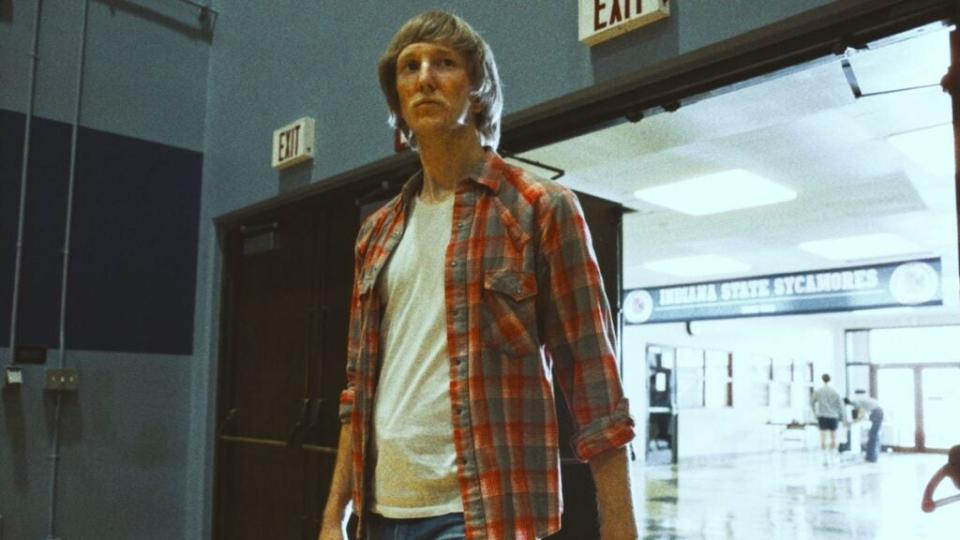
When Larry Bird was recruited out of high school by coach Bobby Knight and was brought into Indiana University, he struggled that first year and dropped out shortly into his freshman season with the Hoosiers. He was very homesick and felt like a fish out of water. Bird, who came from humble beginnings, didn’t feel like he fit in with the well-to-do kids at IU, as a not-so-privileged person from French Lick, Indiana.
Nevertheless, he became the most famous basketball player to ever come out of Indiana State University, where he later played for the Sycamores for three years.
And yeah he whooped his Indiana State team in freaking jeans. After multiple attempts from Indiana State assistant coach Bill Hodges to get Bird to scrimmage against the Sycamores, he finally accepted and wiped the team out in several games…and he did it all in wearing a pair a jeans. Declining Hodges offering of basketball shorts, Bird explained he was used to playing in jeans. Bird enrolled into ISU that fall. He was drafted by the Boston Celtics with the sixth overall pick in the 1978 NBA draft after his second year at Indiana State.
Bird was thought of as a flower who bloomed from the concrete, as his tough background included a drunken, debt-loaded father named Joe who was always between jobs, and was in trouble with the law often. After Joe and Bird’s mother Georgia got divorced, Joe fell into a depression and told his children they might be better off without him.
Out with Jim Chones and in with Mitch Kupchak.
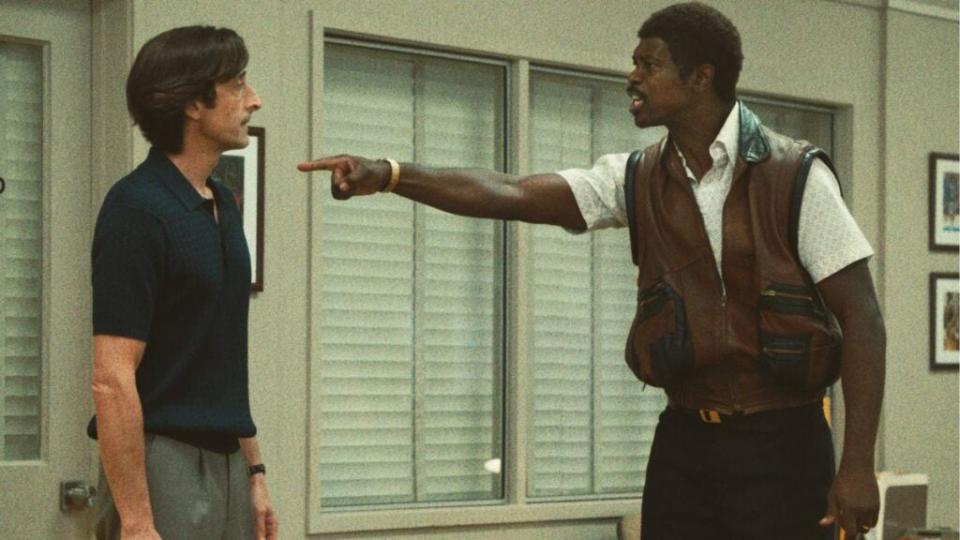
While Jim Chones was more than helpful to the Lakers, especially in assisting the team to its 1980 victory, once free agent power forward Mitch Kupchak caught Paul Westhead’s eyes, it was a wrap. He believed Kupchak was exactly what the team needed for a comeback. Westhead’s job was on the line if the business move didn’t work.
And it kind of didn’t…Westhead’s plans for Kupchak were blown to smithereens after the player went down with a season-ending knee injury. He was never able to contribute to the team in the way Westhead hoped…at least on the court. After Kupchak’s injury, Jerry West took him in as a mentee and molded him into an executive. Kupchak would eventually become Westhead’s deputy and the Lakers general manager during the 2000s.
Dating Johnny Buss didn’t save Australian tennis star Dianne Fromholtz from getting traded.
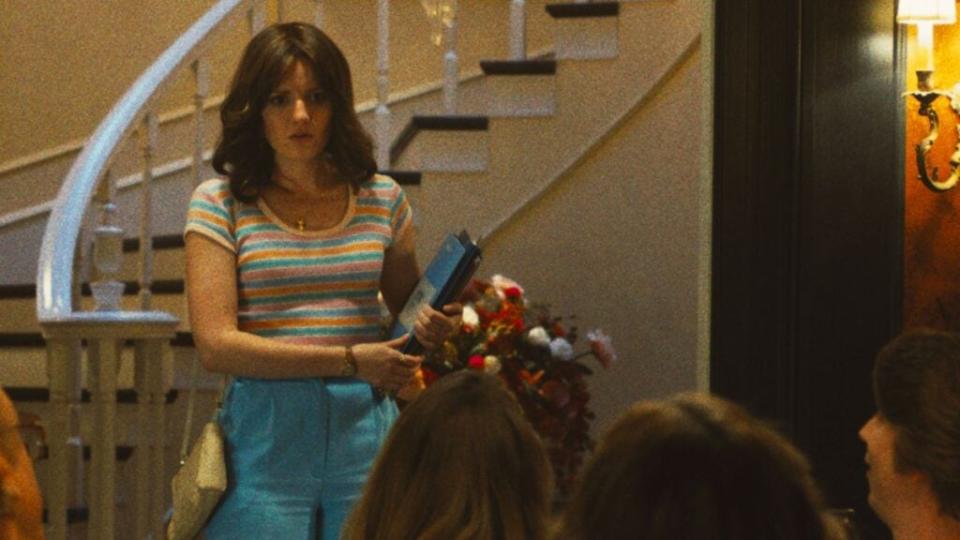
Yep. Jeannie Buss let her father, Jerry Buss, trade her brother Johnny’s then-girlfriend, Australian tennis star Dianne Fromholtz, from Jeanie’s tennis team the Los Angeles Strings to the Indiana Loves. The effort was done to reel in Chris Evert, and after Jeanie nabbed Martina Navratilova, the 19-year-old won her first championship.
Paul Westhead and Pat Riley’s friction continued to grow, and Riley began to doubt Westhead’s ability to lead.
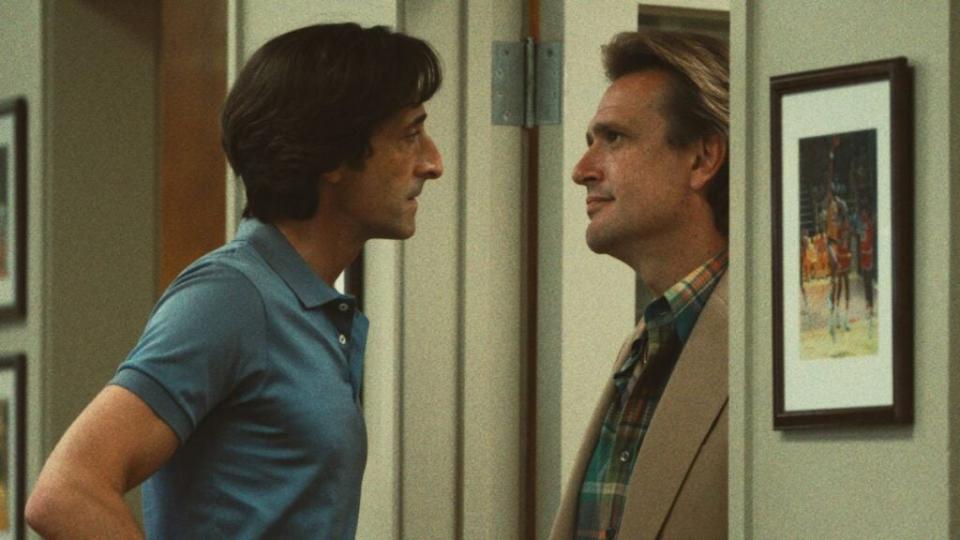
The two, who were once good friends, became distant associates who no longer ate meals together. Pat Riley never talked badly about Paul Westhead in public but privately he shared his doubts about Westhead’s ability to lead the team. He was particularly confused by Westhead’s offensive system, which he felt overlooked the Lakers’ two fast point guards. The drama between them got so bad that Riley started chain smoking.
Outside of Westhead thinking Riley was getting too big in his role as an assistant, he ended up bringing in a second assistant coach named Mike Thibault. Westhead’s role was to help scout professional and college players, and he used Thibault to gain information about players that would help him navigate Jerry West’s control of his roster.
Red Auerbach drafted Larry Bird using a loophole in the NBA’s drafting system.
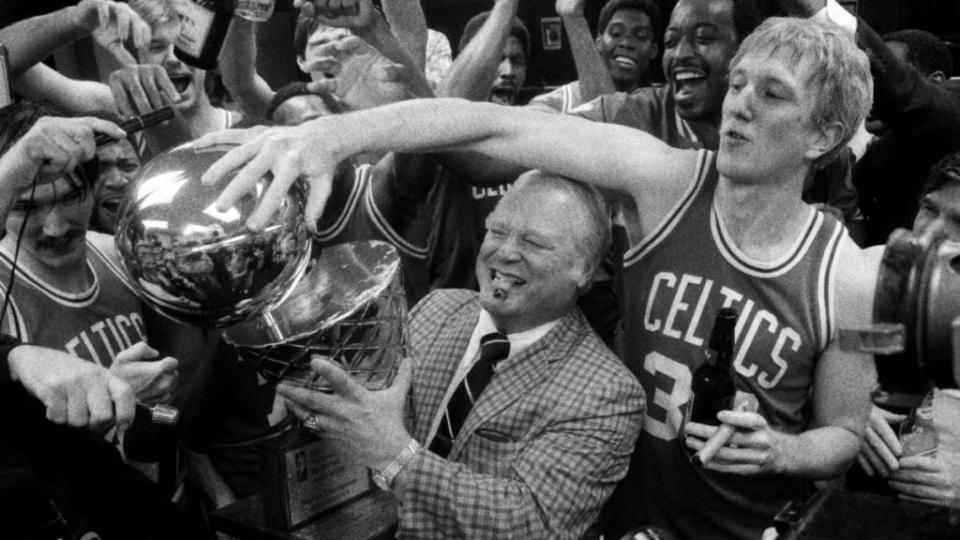
The dialogue around this didn’t actually take place, but how Larry Bird was drafted did. Per NBA rules, a player’s draft eligibility was based on being four years removed from their high school graduation. Because Bird dropped out of Indiana University, he was older than students at Indiana State University, and that’s how Red Auerbach used the flawed system to swipe up Bird the summer prior to his last year in college in 1979.
However, it was still up to Bird to make the decision on whether or not he wanted to stay in school another year in order to win an NCCA title (which he strongly considered). If Bird didn’t go with the Celtics, Auerbach’s draft rights to Bird would expire and his pick would have gone to the gutter. The result from this was an intense face-off between Auerbach and Bird’s agent. In one of Auerbach’s tactics he claimed to be skeptical of Bird’s ability, referring to Bird as “just a cornerman.” By the end of it, Auerbach got his man with Bird joining the team.
Jerry Buss really offered Earvin “Magic” Johnson a $25 million contact for 25 years.
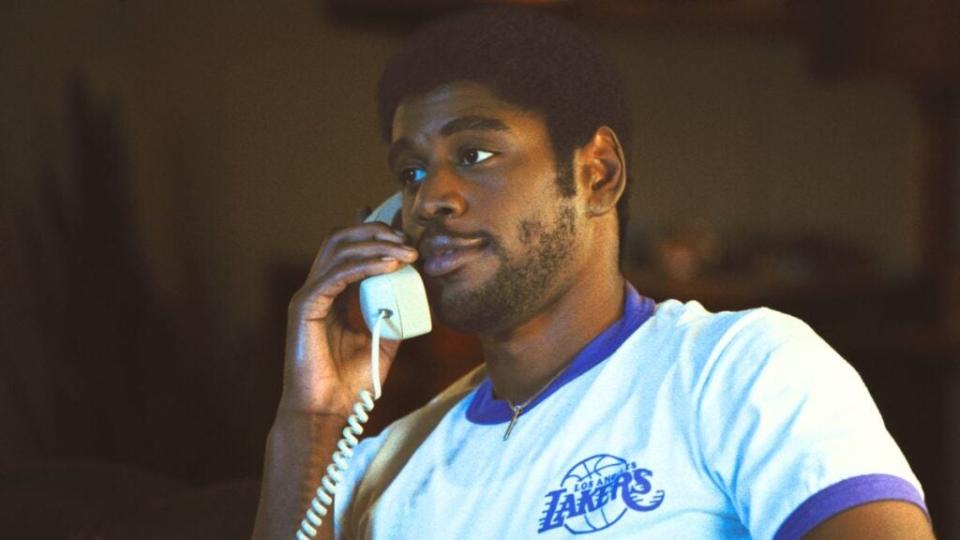
In 1981, Jerry Buss offered Earvin “Magic” Johnson an odd contract of $25 million over 25 years. At the time, it was the longest and most lucrative contract in sports history, but it would mean Johnson would be playing well past his prime, though he’d receive $1 million for every year. Buss explained to Johnson that it would guarantee him a job after he retired with the Lakers and would secure an ongoing income.
Thinking the low-ball deal was some sort of sign of loyalty from Buss, Johnson signed it. However, a few years into it, Johnson realized he was being underpaid and renegotiated its financial terms.
Yeah, Jerry Buss really took Norm Nixon and Earvin “Magic” Johnson to Las Vegas to help mend their beef.
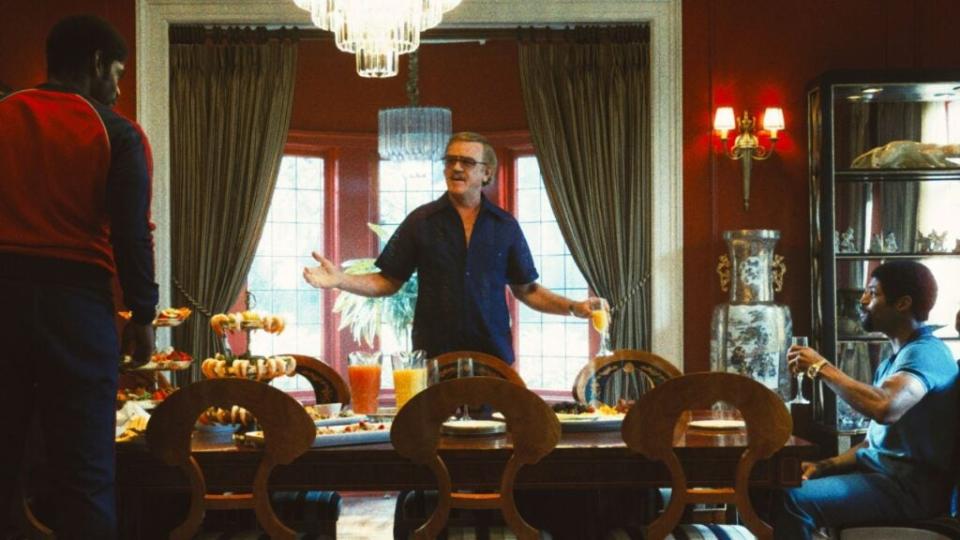
In order to repair the damaged relationship between Earvin “Magic” Johnson and Norm Nixon (which led to their tragic last season), Jerry Buss took them on a weekend boys’ trip to Las Vegas. The scene played out almost entirely as HBO depicted it on-screen. Buss wanted Nixon to be happy but he was dead serious about his offer to trade him if matters didn’t straighten up. Instead of Vegas, HBO set the location at Buss’ Pickfair mansion.
The post What’s Real About ‘Winning Time’ Season 2, Episode 3: Did Larry Bird Really Beat His College Team Wearing Jeans? (Photos) appeared first on TheWrap.

